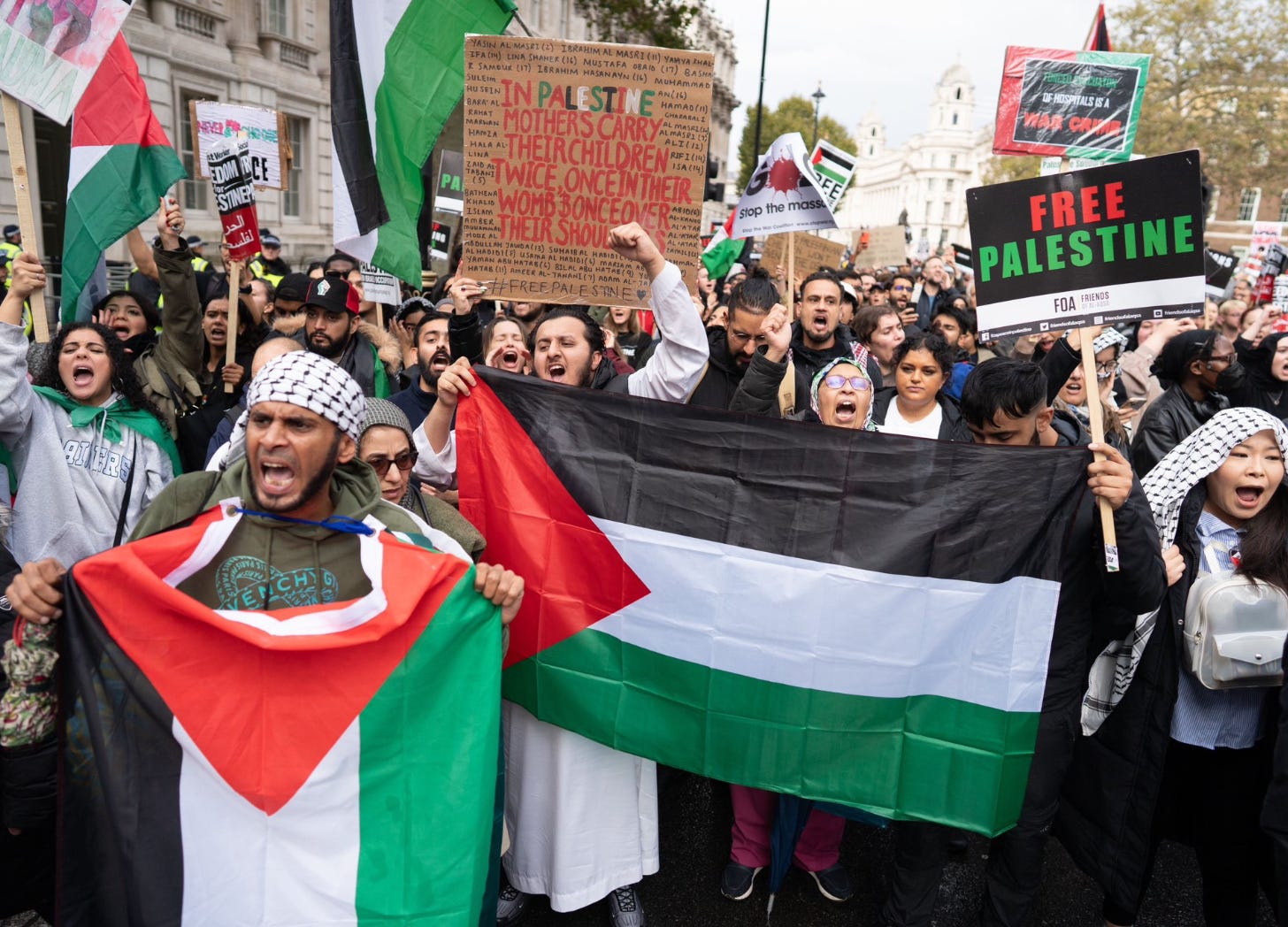The Controversial Debate Surrounding Illegal Immigration and Taxation in the United States
The issue of illegal immigration and its economic implications has sparked heated discussions across social media and political spheres. Several claims circulating online highlight concerns about tax contributions, government subsidies, and cultural shifts attributed to undocumented immigrants. Below is an exploration of these contentious topics based on recent posts and assertions.
One alarming claim suggests that Jackson Hewitt, a tax preparation service, is assisting undocumented immigrants—referred to as "illegals"—in filing for tax refunds, even if they lack legal status or formal employment. According to a post on X, many of these individuals work off-the-books for cash, avoiding contributions to the tax system, yet they can allegedly claim refunds of up to $14,000 (https://x.com/sav_says_/status/1906092627919012115). This has raised eyebrows, particularly when juxtaposed with data showing that the bottom 40% of U.S. citizens contribute little to no federal income taxes.
Texas Representative Jasmine Crockett has countered such narratives, asserting that undocumented immigrants contribute approximately $1 billion in taxes. Critics, however, question the validity of this figure. As one X user pointed out, if the bottom 40% of Americans—those earning below a certain threshold—pay minimal taxes, how could undocumented immigrants, often working low-wage or cash-based jobs, contribute such a significant amount? (https://x.com/EricLDaugh/status/1906134344822841458). Federal tax data reinforces this skepticism: the top 10% of earners, making $191,406 annually, shoulder the majority of the tax burden, while the cutoff for meaningful tax liability hovers around $101,000 per year. This prompts the question: are undocumented immigrants realistically earning enough to pay substantial taxes? (https://x.com/1MarkMoss/status/1640777476648624128).
Beyond taxation, frustration has mounted over perceived government handouts. Posts on X allege that taxpayer money is funding hotel stays for undocumented immigrants in Democrat-run cities (https://x.com/elonmusk/status/1906220080158884034). Even more controversial was the Biden administration’s Federal Housing Administration (FHA) loan program, which reportedly subsidized home purchases for undocumented immigrants—a policy recently terminated, as announced by HUD Secretary Turner. Critics argue this placed an unfair burden on American citizens struggling to afford homes (https://x.com/SecretaryTurner/status/1904943164655304952). The visceral anger over these policies is palpable, with some calling it a "travesty" (https://x.com/WallStreetApes/status/1905773073477103629).
The rhetoric escalates further with claims of incitement to violence. One post alleges that undocumented immigrants are being encouraged to "kill ICE agents and police," amplifying fears of lawlessness (https://x.com/EricLDaugh/status/1906323367474458892). Meanwhile, broader cultural anxieties have emerged, with some asserting that Islam is "infiltrating the West" as part of a deliberate strategy to reshape nations like the United States. According to this narrative, proponents of this ideology are openly declaring their intentions, yet the warnings go unheeded (https://x.com/WallStreetApes/status/1906100424605945993). A supposed "battle plan" involves gradual ideological infiltration rather than overt force, exploiting democratic systems to gain influence (https://x.com/XDiva14322/status/1906365758084399331).
Comparisons to Europe, particularly England, intensify these concerns. Posts suggest that England has progressed further down this path, losing control of its metropolitan areas to Muslim communities that allegedly excel at voting, infiltrating institutions, and seizing power (https://x.com/WallStreetMav/status/1906381931949797876; https://x.com/LauraLoomer/status/1906403932026393073). This has led some to reflect on how close the U.S. came to a point of no return, where resistance to such shifts might have been impossible (https://x.com/DefiyantlyFree/status/1906036479760966087).
These claims paint a picture of a nation at a crossroads—grappling with economic fairness, security, and identity. Whether these assertions hold up under scrutiny remains a matter of debate, but they undeniably reflect a growing unease among certain segments of the population. As the conversation unfolds, the tension between policy, perception, and reality continues to fuel a polarized discourse.



